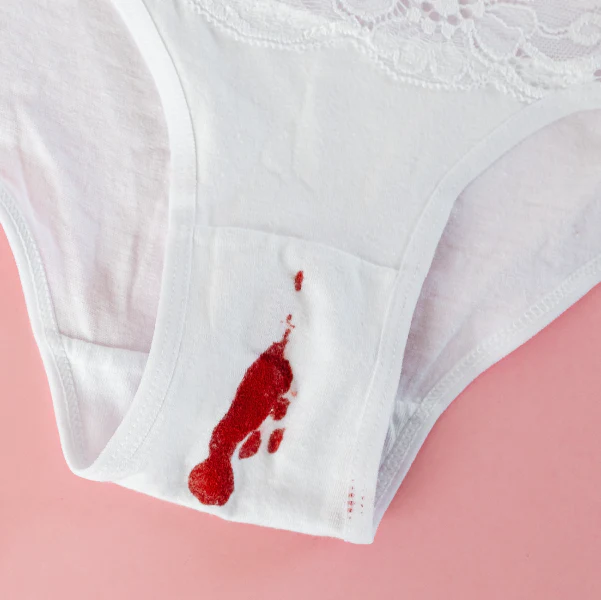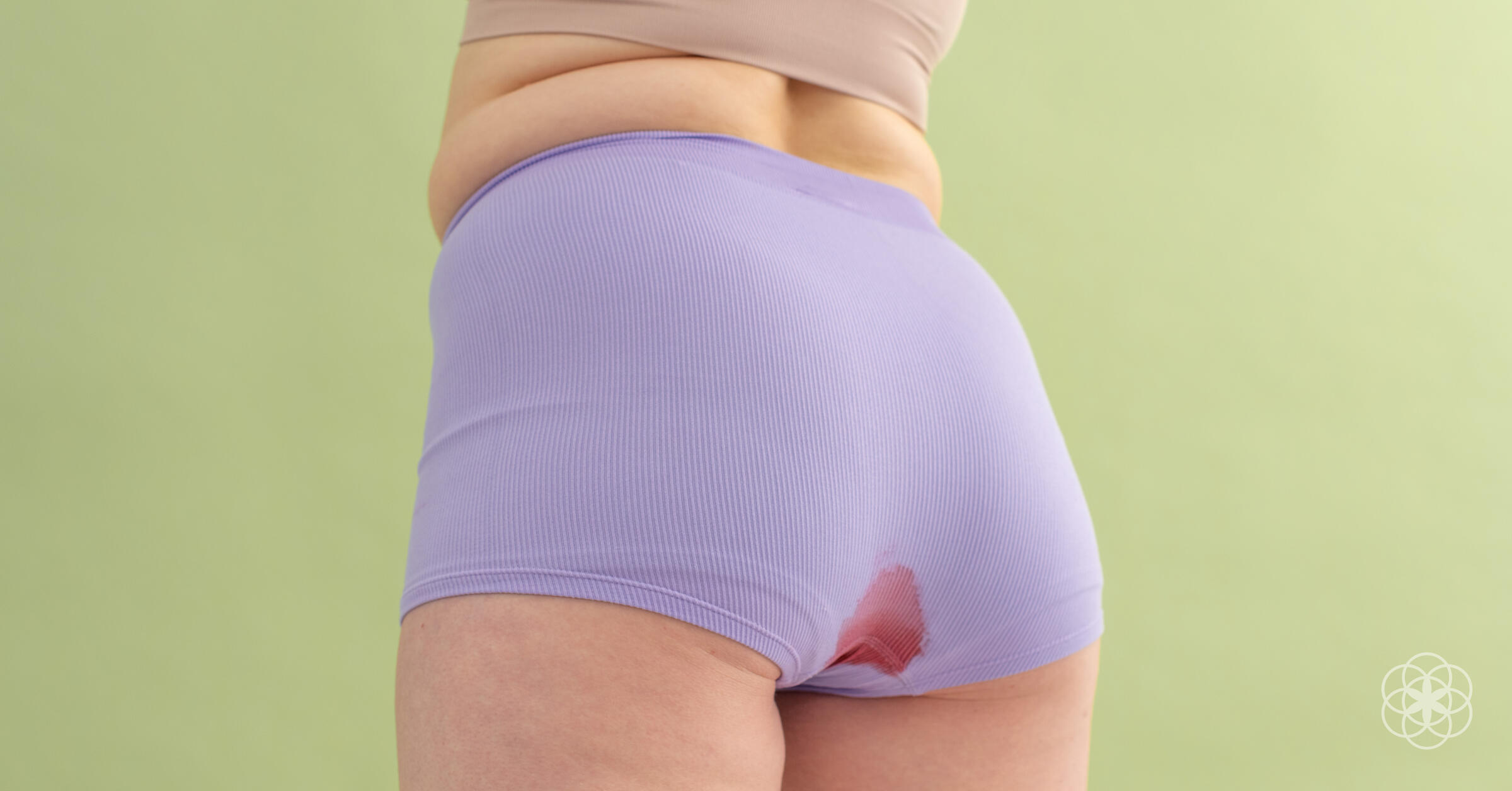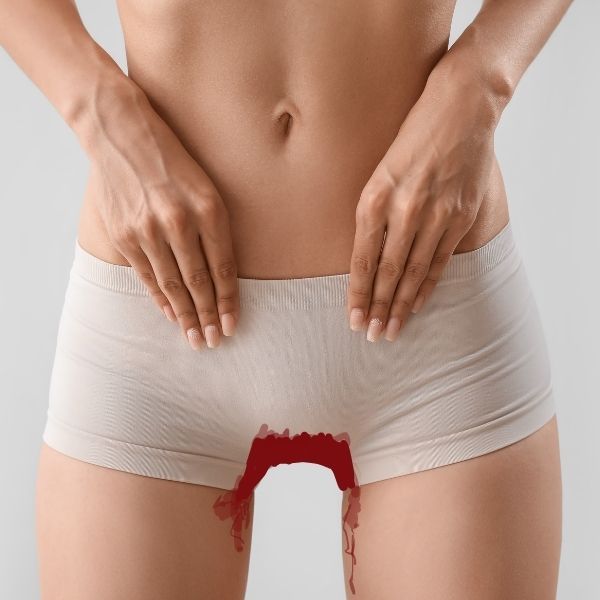Free bleeding, a practice where people menstruate without using traditional menstrual products like pads or tampons, has gained attention for its benefits. This approach is about listening to your body and embracing natural processes. It can lead to a greater sense of freedom and comfort, reduce the environmental impact caused by disposable menstrual products, and save money in the long run. Moreover, free bleeding encourages open discussions about menstruation, breaking down taboos, and promoting body positivity. Today we will find out how this practice offers a different way to experience periods.

Contents
- 1 20 Benefits Of Free Bleeding
- 1.1 1. Increased Comfort
- 1.2 2. Reduced Risk of Toxic Shock Syndrome (TSS)
- 1.3 3. Cost Savings
- 1.4 4. Environmental Impact
- 1.5 5. Promotes Body Positivity
- 1.6 6. Better Understanding of Your Menstrual Cycle
- 1.7 7. No More Product Discomfort
- 1.8 8. Eliminates Period Odor
- 1.9 9. Encourages Mindfulness and Self-Care
- 1.10 10. Supports Menstrual Equity
- 1.11 11. Simplifies Period Management
- 1.12 12. Reduces Anxiety Over Leaks
- 1.13 13. Enhances Body Confidence
- 1.14 14. Promotes Innovative Menstrual Solutions
- 1.15 15. Strengthens Community and Solidarity
- 1.16 16. Encourages a Healthier Lifestyle
- 1.17 17. Breaks Down Gender Norms
- 1.18 18. Advocates for Environmental Health
- 1.19 19. Inspires Educational Opportunities
- 1.20 20. Leads to Innovation in Clothing Design
- 2 What Are The Risk Of Free Bleeding?
- 3 Frequently Asked Questions
20 Benefits Of Free Bleeding
Free bleeding, the practice of menstruating without using sanitary products, can offer a range of benefits for those who choose to adopt it. Here are 20 potential benefits of free bleeding:
Free bleeding, while generally safe for your own health, does come with a few potential drawbacks to consider:

Leakage and Mess:
Stained Clothing: This is probably the most common concern. Free bleeding, especially on heavy flow days, can lead to blood seeping through underwear and clothes. There’s a higher chance of needing to change more frequently or potentially dealing with embarrassing leaks in public.
Public Considerations: Blood on furniture or public surfaces might be a concern. While menstrual blood is natural, not everyone feels comfortable seeing it in public spaces. Being mindful of your surroundings and prepared for potential leaks is important.
Hygiene and Bloodborne Pathogens (low risk):
Increased Awareness: While menstrual blood is generally not a major health risk, it can theoretically transmit bloodborne illnesses like HIV, hepatitis B, and hepatitis C. The risk is very low, but it’s good to be aware of it, especially if you have any open wounds.
Disposal and Cleaning: Free bleeding necessitates being more mindful of hygiene. You’ll need to dispose of bloody toilet paper or wipes properly and be prepared to clean yourself more frequently compared to using pads or tampons.
Social Stigma
Cultural Norms: Free bleeding can challenge social norms around menstruation, particularly in conservative societies. You might encounter negative reactions or judgment from others who are not comfortable with open displays of menstruation.
Other Potential Concerns:
- Discomfort and Chafing: Constant contact with blood flow might irritate or chafing for some people.
- Emotional Arousal: Some women report that free bleeding can increase menstrual cramps or discomfort.
Frequently Asked Questions
How should I dress for free bleeding?
For free bleeding, wear dark, comfortable clothing that can hide any potential stains. Opt for absorbent fabrics like cotton to help manage the flow.
Where can I start free bleeding?
You can start free bleeding at home, especially during lighter days of your period. It’s also common to try it in the bath or shower for easy cleanup.
Are there any safety precautions for free bleeding in public?
When free bleeding in public, consider using backups like reusable pads or period underwear for added protection. Be mindful of potential risks like viruses in menstrual blood.
How can I maintain hygiene while free bleeding?
To stay comfortable while free bleeding, change your clothing or underwear regularly. Carry spare clothing with you and consider using period underwear for added security.
I am a medical student with experience and interest in Women’s health and well-being.
